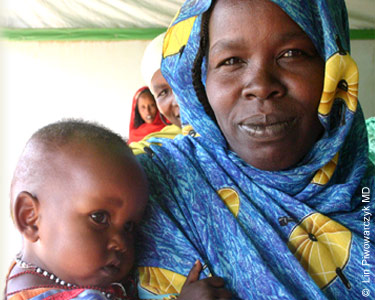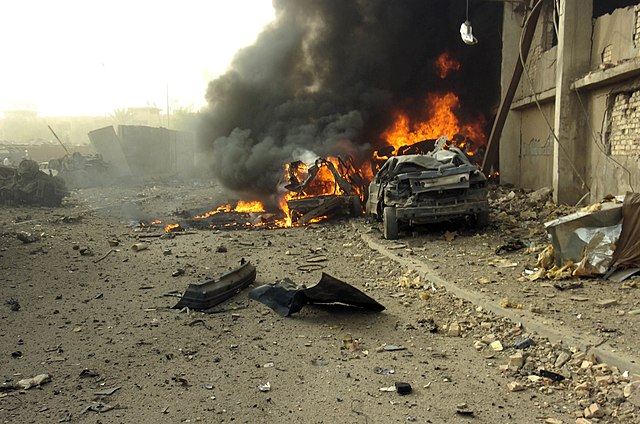
PARIS – Today, roughly one-quarter of the world’s population lives in conflict-affected and fragile states. Despite vast sums of money spent aiding such states over the last 50 years, armed conflict and violence continue to blight the lives of millions of people around the world. International and national partners must radically change the way they engage such states.
I experienced firsthand the need for a new approach in 2004 in Sri Lanka. Within the first two months of the devastating tsunami that struck that December, close to 50 heads of state and foreign ministers visited the island. Each came with their own programs, their own civil-society organizations, and their own television crews. Few came with any deep understanding of the dynamics of the political conflict between militant Tamils and the Sri Lankan state. Big mistakes were made, fueling further violence.

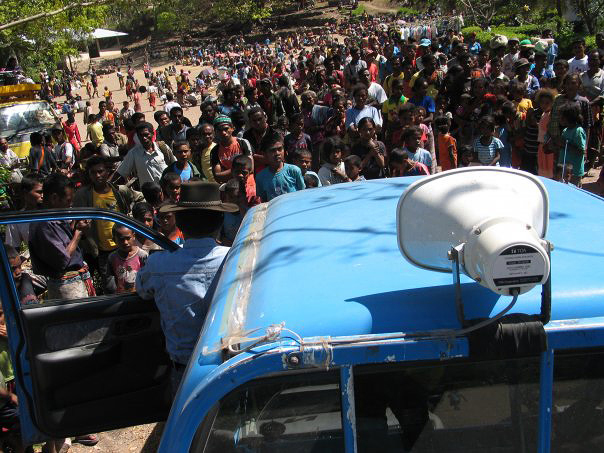
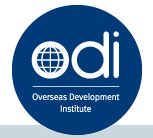 Next Tuesday, October 25th, the
Next Tuesday, October 25th, the 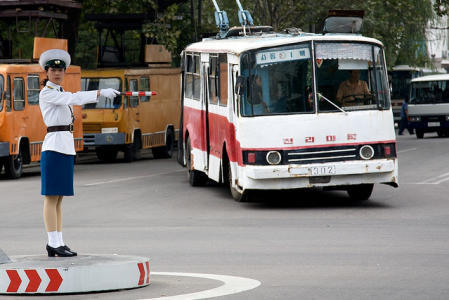
 Next Tuesday, July 19th, ISN partner organization the
Next Tuesday, July 19th, ISN partner organization the 
